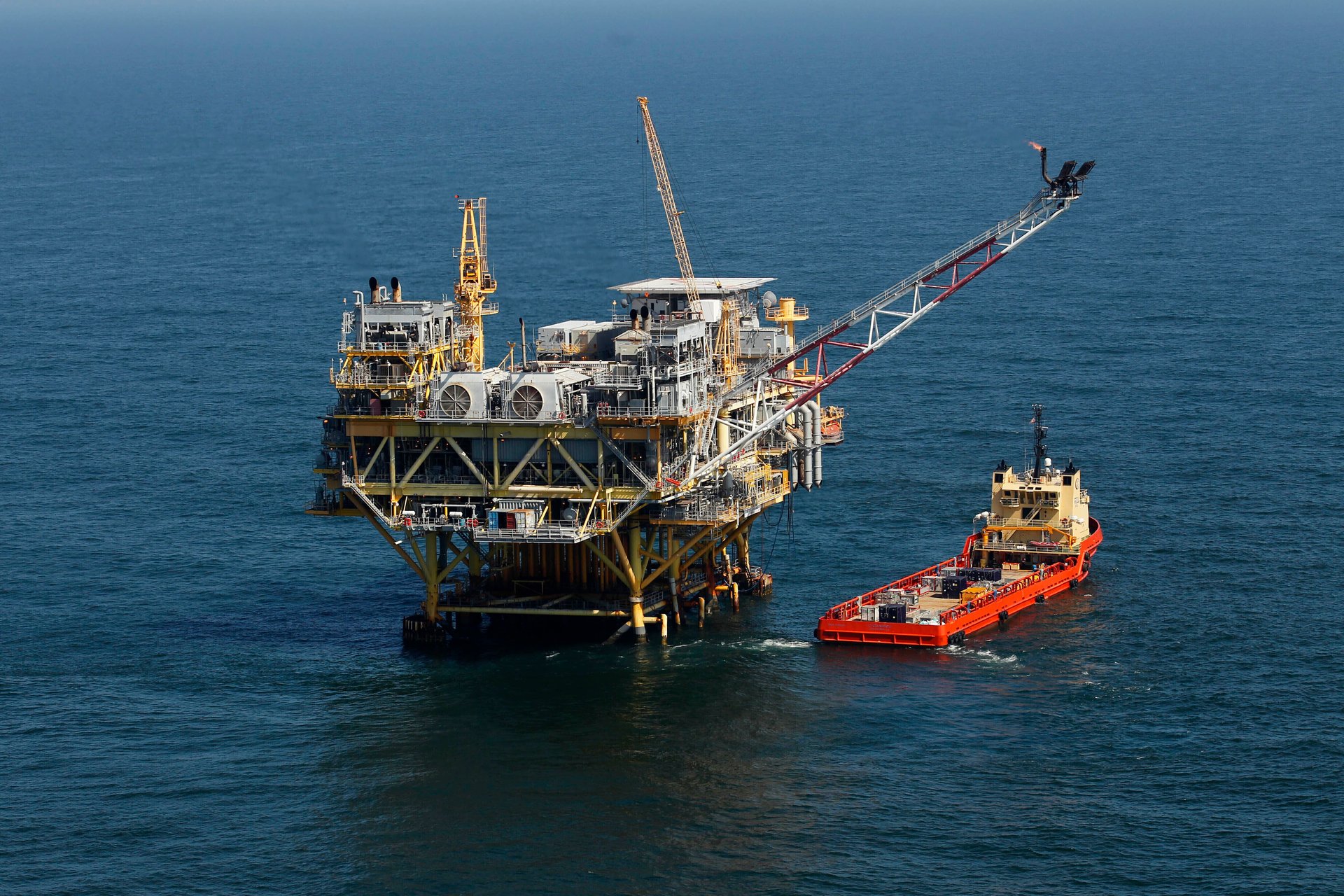Gulf oil lease sale postponed by court amid litigation over endangered whale protections
A sale of federal Gulf of Mexico oil and gas leases that had been scheduled for Nov. 8 is being delayed pending court arguments that focus on protections for an endangered whale species

NEW ORLEANS (AP) — A sale of federal Gulf of Mexico oil and gas leases that had been scheduled for Nov. 8 was delayed Thursday by a federal appeals court, pending court arguments that focus on protections for an endangered whale species.
Suggested Reading
The Biden administration announced the sale in March and originally scheduled it for Sept. 27. But, in August, the administration reduced the the area available for leases from 73 million acres (30 million hectares) to 67 million acres (27 million hectares), as part of a plan to protect the endangered Rice's whale. The changes from the Bureau of Ocean Energy Management, or BOEM, also included new speed limits and new requirements for personnel on industry vessels in some of the areas to be leased.
Oil and gas companies sued, resulting in a Lake Charles-based federal judge's order throwing out the changes. The administration appealed to the 5th U.S. Circuit Court of Appeals in New Orleans. The appeals court initially set the sale for Nov. 8 while the appeal proceeded. On Thursday, however, the court issued an order that delays the sale until some time after the case is argued on Nov. 13.
BOEM had adopted the reduced area and new rules for the lease sale as part of an agreement the administration reached with environmentalists in efforts to settle a whale-protection lawsuit filed in federal court in Maryland.
Chevron, Shell Offshore, the American Petroleum Institute and the state of Louisiana sued to reverse the cut in acreage and block the inclusion of the whale-protecting measures in the lease sale provisions. They claimed the administration’s actions violated provisions of a 2022 climate measure — labeled the Inflation Reduction Act — that provided broad incentives for clean energy, along with creating new drilling opportunities in the Gulf.
Among the environmental groups involved is Earthjustice.
“We look forward to the opportunity to present our arguments to the Court of Appeals. We’ll continue to press for restoring basic measures to prevent harm to the critically endangered Rice’s Whale,” Earthjustice attorney Steve Mashuda said in an emailed statement.
Thursday's court delay came as critics of the administration policy sounded off at a Senate hearing. Sens. John Barrasso, a Wyoming Republican, and Joe Manchin, the West Virgina Democrat who was a key player in passing the Inflation Reduction Act, both said the administration was too slow to implement the act's required lease sales.
Manchin said the administration “capitulated” in the settlement with environmentalists. And Barrasso said the administration “is working to choke off all future offshore lease sales.”
The administration has come under criticism from the energy industry and environmentalists as it contends with competing interests. A five-year plan announced Sept. 29 includes three proposed sales in the Gulf of Mexico — the minimum number the Democratic administration could legally offer if it wants to continue expanding offshore wind development under the 2022 climate bill.